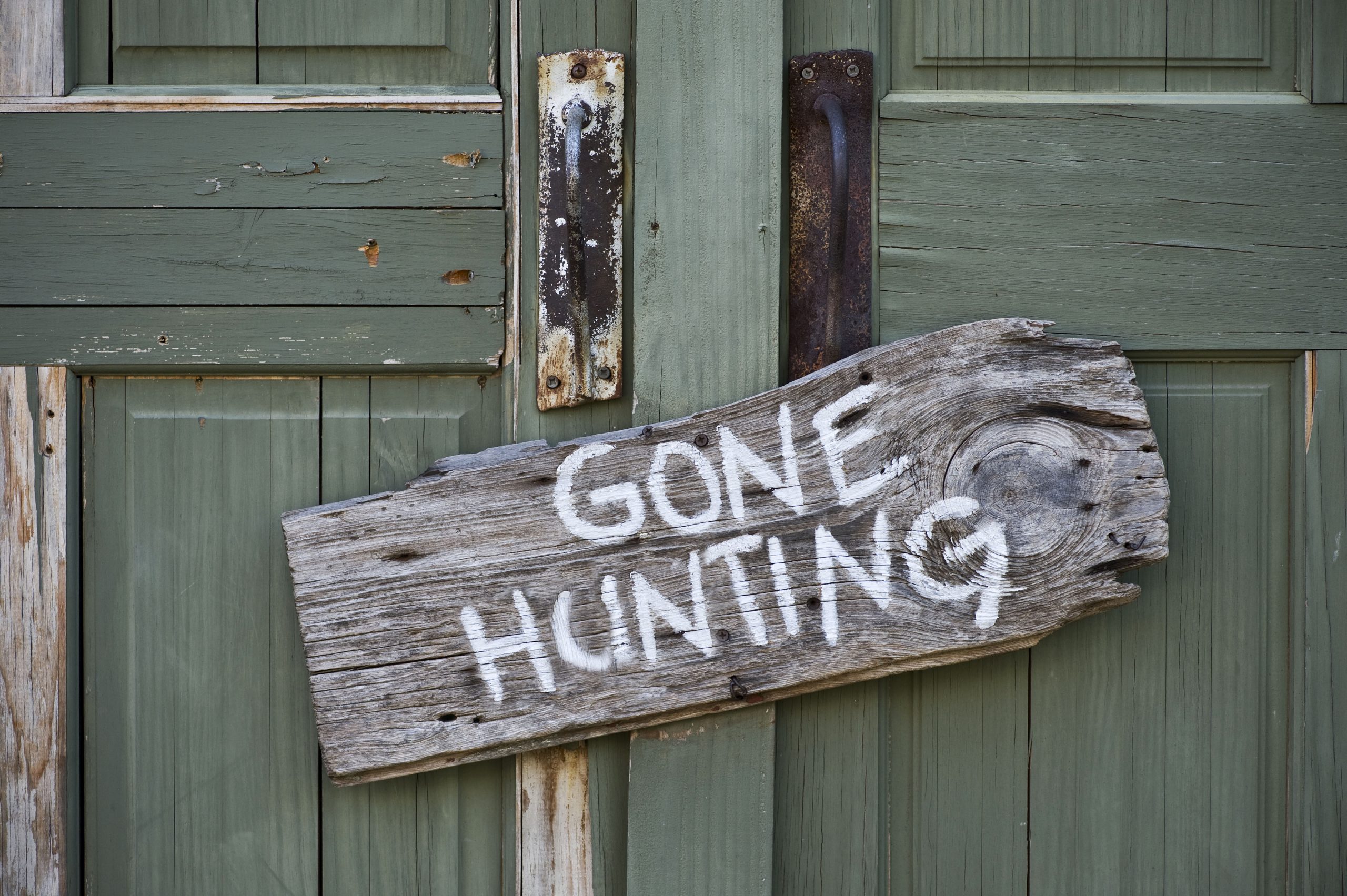‘… the domestication of humans and animals, the specialization of labour, growth of culture through shared ideology, introduction of taxation, and above all the dependence on farming and other agricultural practices…’
Google the word ‘civilization’ and you’ll find a host of definitions in the same vein as the one above. I’ve highlighted the words in bold for a reason. It’s so universally accepted that the invention of agriculture brought us wealth and prosperity that we never stop to question it. Before farming, as every schoolboy or girl can tell you, our forefathers were primitive ‘hunter-gatherers’, and their way of life is still practiced in certain parts of the world where other, less civilized humans still somehow manage to survive against the odds. These people have a different relationship to the planet and its various resources, and our history books encourage us through subtle means to feel a little sorry for them. After all, the very fact that their methods have remained unchanged for thousands of years would seem to indicate that they’ve made no headway in that time. Can’t these people get with the program?
Let’s look at the other side of the coin. Agriculture may have opened the door to our modern world but it came at a very high price. Think what pressures the first farmers were under. Restricted to one plot, however large, they depended on that strip of land to sustain them and their families year after year. The business of sowing crops was hugely labour-intensive, and the soil had to be left fallow every other year to avoid its nutrients being depleted. Harvesting was equally backbreaking work, and farmers had somehow to negotiate a price for their crop that reflected the time and effort put into its production. Sunlight and rain were both free, but too much of one and too little of the other could result in no crop at all. And that’s before you even approached the problem of bugs. Even in a good year blight and pestilence of one kind or another was an ever-present threat. One decent-sized cloud of hungry locusts and it was game over.
Why the sudden interest in the ways in which our so-called civilized world came about? Have I signed up to a history course, you wonder? No. It’s because of an insight I had recently that I’d like to share with you.
I built my business up by following a well-trodden path. I set goals for myself and tried to achieve them. There were endless financial projections, some realistic, some pure wish fulfillment. I put aside funds to promote my products, looking short-term and long-term, all along sticking to tried-and-trusted business practices. You might say I had an agricultural approach to the project. (You reap what you sow, right?) And I did well, because I worked hard at the model, and the model worked well enough for me.
But anxiety was never far away, and just recently I’ve begun to wonder if maybe those hunter-gatherers had (and still have) a point. I’ve written about the dangers of too much goal setting in other blogs, how we should set our goals but not be tied to them, not be defined by them. It seems once the early farmers committed to their new practices, abandoning all other options, they entered a whole new world of insecurity, and that world is where we still live, all these centuries later. But if we look outwards, beyond that little ‘plot of land’ that we’ve so carefully cultivated for ourselves, we find possibilities that we never knew existed.
Sometimes, as strange as it may seem, if you want your business to go forward, you need to take your foot off the accelerator. I’ve changed my own business practice, widening my horizons, taking the emphasis off goal setting and instead focusing on helping people where I find them. The result is that I feel less anxious, letting Universal Mind take the strain, and human nature being what it is I can’t help but project that new, relaxed feeling onto my clients. So far, it’s working.
Sadly there is, in our present century, a high incidence of suicide amongst the farming community. This may be a reflection of our modern times, but I can’t help but feel the whole system is wrong. I’m not so naïve to think that ‘progress’ (if that’s the right word) can be reversed, but these days I’m on the side of the hunter-gatherers.
It just somehow seems more civilized.

